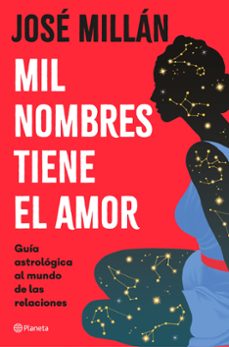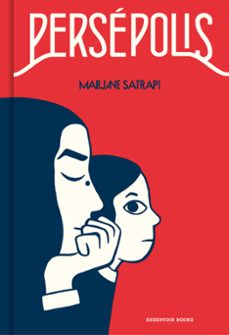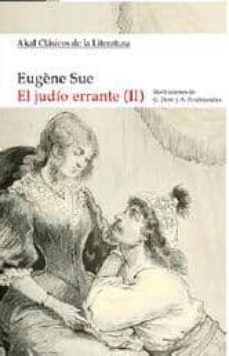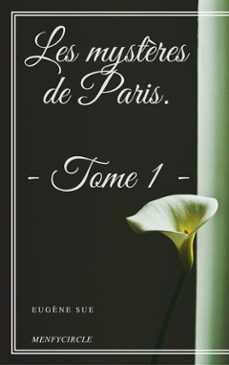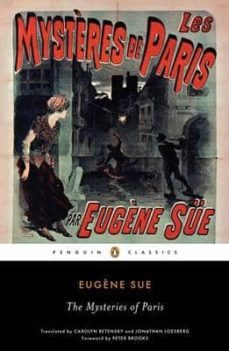Imprescindibles
Ficción
No Ficción
Ciencias y tecnología Biología Ciencias Ciencias naturales Divulgación científica Informática Ingeniería Matemáticas Medicina Salud y dietas Filología Biblioteconomía Estudios filológicos Estudios lingüísticos Estudios literarios Historia y crítica de la Literatura
Humanidades Autoayuda y espiritualidad Ciencias humanas Derecho Economía y Empresa Psicología y Pedagogía Filosofía Sociología Historia Arqueología Biografías Historia de España Historia Universal Historia por países
Infantil
Juvenil
#Jóvenes lectores Narrativa juvenil Clásicos adaptados Libros Wattpad Libros Booktok Libros de influencers Libros de Youtubers Libros Spicy Juveniles Libros LGTBIQ+ Temas sociales Libros ciencia ficción Libros de acción y aventura Cómic y manga juvenil Cómic juvenil Manga Shonen Manga Shojo Autores destacados Jennifer L. Armentrout Eloy Moreno Nerea Llanes Hannah Nicole Maehrer
Libros de fantasía Cozy Fantasy Dark academia Hadas y Fae Romantasy Royal Fantasy Urban Fantasy Vampiros y hombres lobo Otros Misterio y terror Cozy mistery Policiaca Spooky Terror Thriller y suspense Otros
Libros románticos y de amor Dark Romance Clean Romance Cowboy Romance Mafia y amor Romance dramatico Romcom libros Sport Romance Otros Clichés Enemies to Lovers Friends to Lovers Hermanastros Slow Burn Fake Dating Triángulo amoroso
Cómic y manga
Novela gráfica Novela gráfica americana Novela gráfica europea Novela gráfica de otros países Personajes, series y sagas Series y sagas Star Wars Superhéroes Cómics DC Cómics Marvel Cómics otros superhéroes Cómics Valiant
eBooks
Literatura Contemporánea Narrativa fantástica Novela de ciencia ficción Novela de terror Novela histórica Novela negra Novela romántica y erótica Juvenil Más de 13 años Más de 15 años Infantil eBooks infantiles
Humanidades Autoayuda y espiritualidad Ciencias humanas Economía y Empresa Psicología y Pedagogía Filosofía Historia Historia de España Historia Universal Arte Cine Música Historia del arte
Ciencia y tecnología Ciencias naturales Divulgación científica Medicina Salud y dietas Filología Estudios lingüísticos Estudios literarios Historia y crítica de la Literatura Estilo de vida Cocina Guías de viaje Ocio y deportes
Eugène Sue
Recibe novedades de EUGENE SUE directamente en tu email
Filtros
Del 1 al 6 de 6
Ediciones Akal 9788446041894
Eugène Sue inmortaliza la leyenda del judío errante con una larga novela, convertida en un
relato folletinesco y publicado por entregas en un periódico de su época, en la que deja
entrever una denu
Ver más
Tapa blanda
AUTOR-EDITOR 9788826049601
Les Mystères de Paris est un roman français publié en feuilletons par Eugène Sue dans Le Journal des Débats entre le 19 juin 1842 et le 15 octobre 1843.
Ver más
eBook
Everest Media LLC 9798330014781
In the labyrinthine streets of Paris, where secrets lurk in every shadow, a web of intrigue unfolds. "The Mysteries of Paris" Volume 6 plunges us into a world of deception, betrayal, and hidden identities.As the enigmatic Rodolphe de Gerolstein navigates the treacherous underworld, he uncovers a sinister plot that threatens to shatter the citys fragile peace. With the help of his loyal companions, he embarks on a perilous journey to expose the truth and bring justice to those who have been wronged. But in this treacherous game, every step brings them closer to danger and the secrets that could destroy them all.
Ver más
Audiolibro
PENGUIN 9780143107125
The first new translation in over a century of the brilliant epic novel that inspired Les Miserables. From July 1842 through October 1843, Parisians rushed to the newspaper each week for the latest installment of Eugene Sue's The Mysteries of Paris, one of France's first serial novels. The suspenseful story of Rodolphe, a magnetic hero of noble heart and shadowy origins, played out over ninety issues, garnering wild popularity and leading many to call it the most widely read novel of the 19th century. Sue's novel created the city mystery genre and inspired a raft of successors, including Les Miserables and The Count of Monte Cristo. The intricate melodrama of The Mysteries of Paris unfolds around a Paris where the fortunes of the rich and the poor are helplessly tangled, despite the vast gulf between them. In the Cite, a seedy neighborhood where criminals gather, Rodolphe encounters a young prostitute of breathtaking purity who goes by the name Songbird. He saves her from an attack by a ruffian called the Slasher, setting off the dominoes of an epic narrative traversing the ranks of French society. As Rodolphe pursues his own mysterious quest for redemption, a circle of characters from all walks of life forms around him-some following his every move and others gravitating to his boundless generosity. From the nefarious pairing of the Schoolmaster and the Owl, a hardened criminal and an unfathomably cruel street merchant, to Morel, a gem-cutter so virtuous he refuses to steal even the smallest ruby to feed his starving family, the lines between good and evil in Sue's Paris are always clear, but never unyielding. Though the immense literary and historical resonance of Sue's magnum opus has been for years overshadowed by Hugo's achievement, this stunning new translation is a revelation, promising to bring the unmitigated pleasures of Sue's cliffhangers and criminals to a new century of readers. Sensational, steamy, tightly-plotted, pulpy, proto-socialist, heartbreaking, and riveting, The Mysteries of Paris is doubtless one of the most entertaining and influential works to emerge from the 19th century.
Ver más
Tapa blanda
Del 1 al 6 de 6




